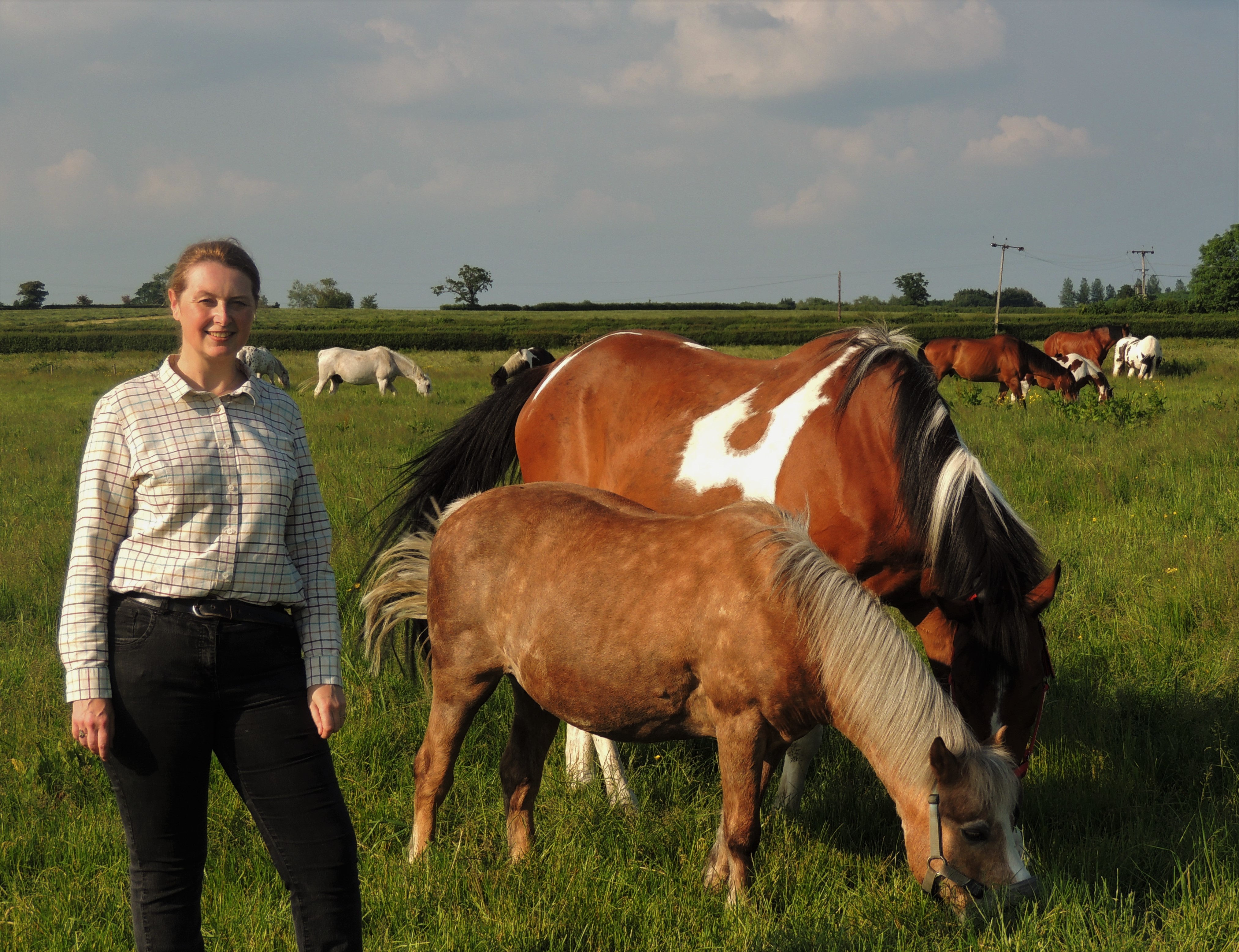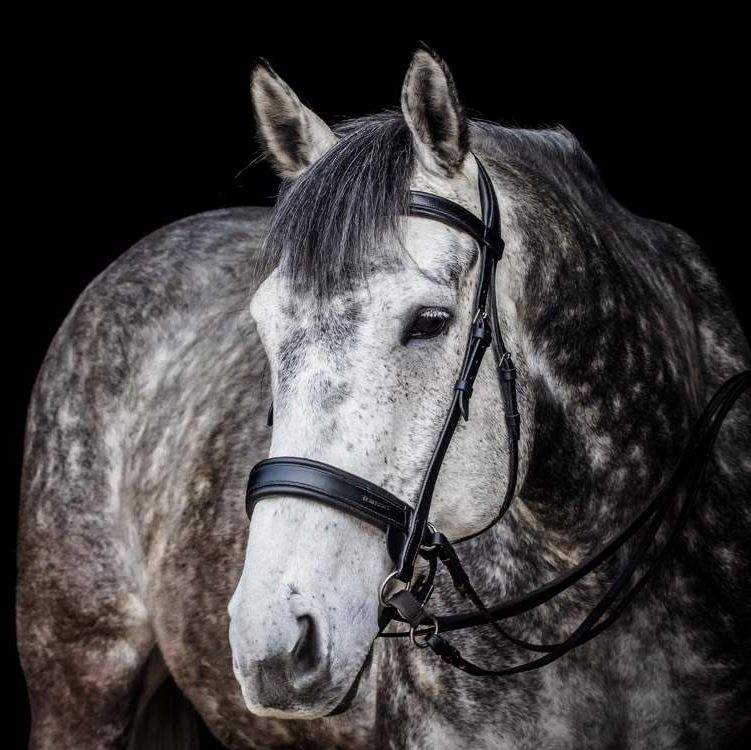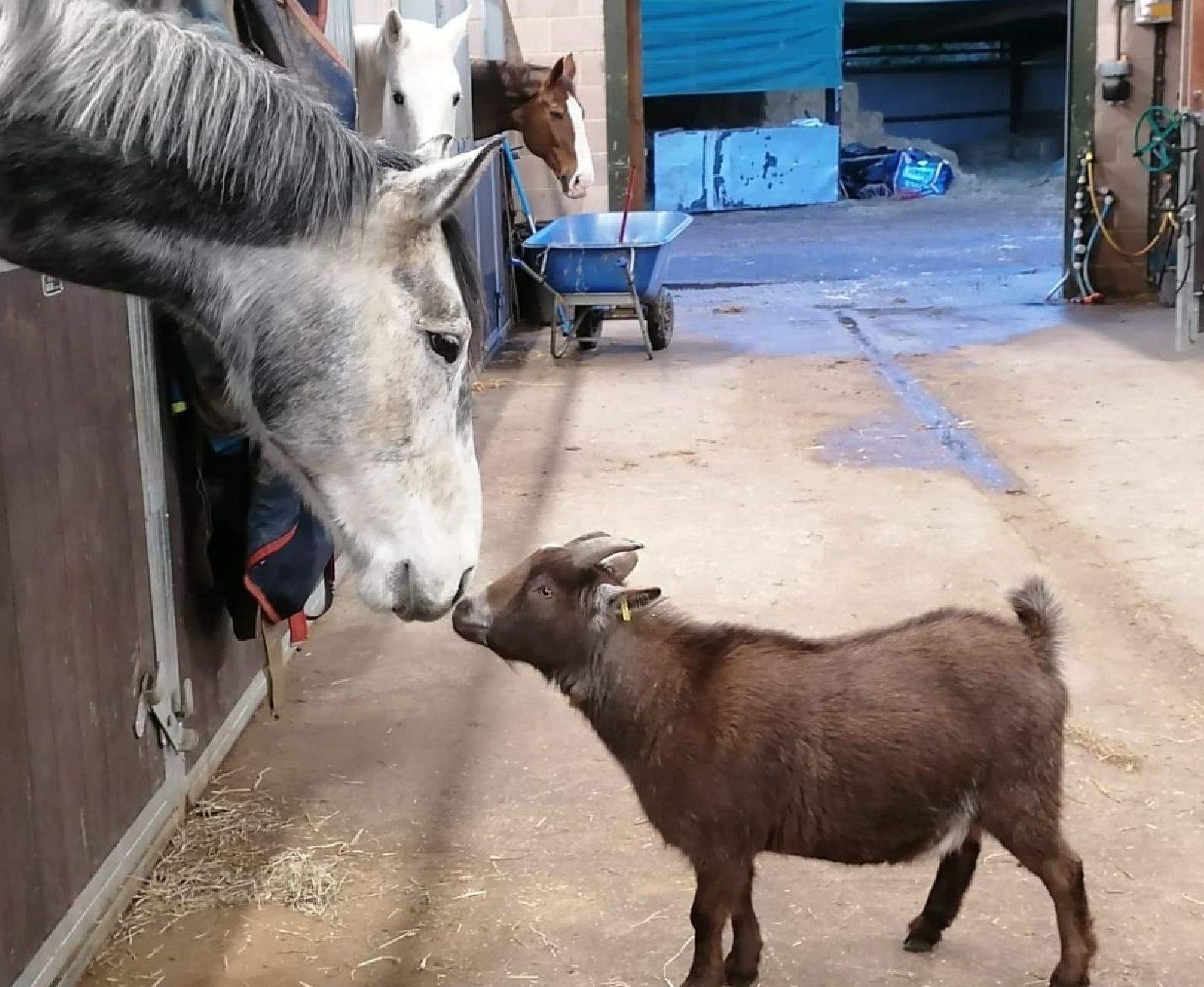Sharon Smith MSc REPS BHSAPC
I have a lifelong passion for horses and education and qualified as a behaviourist in 2010 before gaining an MSc in Applied Equine Science and then developing into an Equine Psychology Specialist. I am:
- co-author of 'Applied Equine Psychology: The art and science of helping horses'
- co-founder of the Equine Behaviour Affiliation
- chief examiner for the Lantra-accredited EBA Applied Psychology Course
- assisting the EBA professional training and mentoring programme
- an 'Ask the Expert' contributor for magazines
- a contributor to Haygain blogs
- a BHS Accredited Coach
- a horse owner for more than 20 years
Common questions and answers
Q. What's an Equine Psychology Specialist?
A. It's a new equine behaviour professional title. Behaviourism is only one 'school' of psychology, but many other models exist. We have been successfully applying adapted models from clinical (human) psychology to horse behaviour problems since 2019.Q. What makes a Registered Equine Psychology Specialist (REPS) different from people using 'natural horsemanship' or other systems who claim to be 'equine psychologists'?
A. The first thing to say is we aren't infringing on the protected title of 'Psychologist'. The main difference is our considered use of trans-species psychology, through the filters of neuroanatomy and academic (peer-reviewed) ethology. We do NOT support notions of heirarchy or dominance being the nature of horses. We apply similar professional standards to psychologists. We recognise trauma and know how to treat it, with the Judith Herman model modified for horses. We don't use differential diagnosis, but 'formulation' which requires Level 3 critical thinking skills. REPS are solely registered by the Equine Behaviour Affiliation at present.
Q. Using human psychology - sounds complicated - and what about anthropomorphism?
A. Being a psychology professional does require a high degree of training and a depth of critical thinking. But being seen by a psychology professional should not feel complicated for the client. In fact, it is easier than learning new training skills as part of a 'behaviour modification plan'; as a behaviourism-approach would have you do. While we humans have been learning about our own psychology from animal experiements for decades, animals have not historically benefited from our understanding of human psychology, and the brain. We apply species-specific knowledge and understanding from credible scientific sources in order to apply the models. For example, the neuroanatomy of horses and ethological evidence supports our stance on horses having no innate wiring for heirarchy, 'respect', and dominance.
Q. Can you fix my horse behaviour problem?
A. If you mean, "can my interventions be successful in resolving my situation?" then, yes, and more reliably than if I were to rely on only behaviour-modification processes. If you mean, "can you come in and retrain my horse for me?" then, no. It doesn't help you (or your horse) if I manipulate your horse's behaviour for rewards, without addressing the emotion behind the issues.
Q. What do you 'do' for a behaviour consultation?
A. I'll spend a while listening to you, asking about your horse and maybe seeing them for myself. We'll be looking at what makes a horse vulnerable or susceptable to the issue, what factors have been at play to cause the behaviour to develop and why the behaviour is being maintained. But also, we'll think about what is working for you and the horse at the moment too, before coming up with some experiments to give us both more information and help the horse function again.
Q. How much?
A. As a guide I charge £78 per hour (inc VAT) plus expenses for behaviour work, whether clinic, group workshop, webinar lecture or editorial. These charges are benchmarked against other non-veterinary experienced equine professionals who have undergone a similar course of postgraduate level study and maintain a professional registration.
Q. Who's the handsome skewbald and the cute dapple grey?
A. I'm glad you asked! The skewbald in the top picture is my Sam, who was with me from 2001 at the age of 6 and passed in 2018. The cute grey is Cyril (Diamond Sirillio) my ex-FEI showjumper, although we keep all unshod feet on the ground these days in a Transcend bitless bridle.



